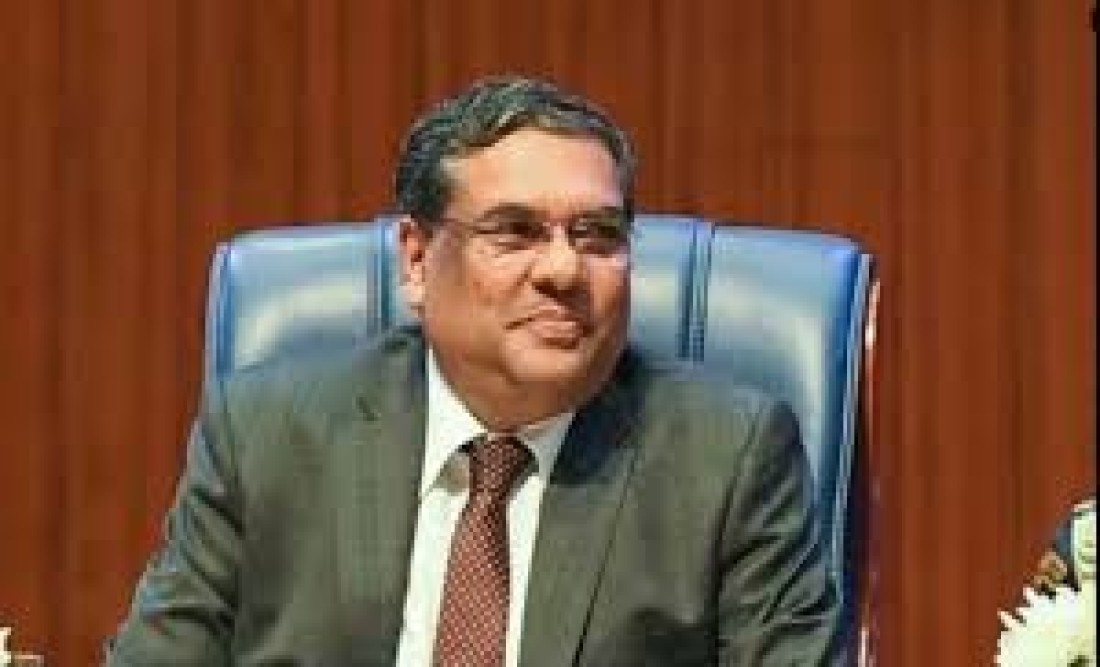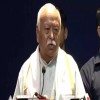Heritage and justice unite in Chief Justice Khanna’s journey.

New Delhi 11 November (VNI) Today, as Justice Sanjiv Khanna took the oath as the 51st Chief Justice of India, he was not just stepping into a prestigious role but also carrying forward a legacy deeply rooted in family and justice. His memories often trace back to Amritsar, where he revisits Katra Sher Singh, seeking his grandfather’s “missing” ancestral home. This house, built before Independence by his grandfather Sarav Dayal, was once a symbol of family heritage.
Sarav Dayal was a respected lawyer of his time, contributing to the Congress committee investigating the Jallianwala Bagh massacre. The two homes he built—one in Katra Sher Singh and another in Dalhousie—held memories for generations. Though the Amritsar house suffered desecration during Partition, it was restored, but after his grandfather’s passing, the property was eventually sold in 1970. Justice Khanna recalls visiting the house as a young boy, with a sign reading “Bauji” (Grandfather) that now rests in the Dalhousie home, a lasting reminder of his grandfather’s legacy.
Justice Khanna’s legal career has been marked by judgments reflecting integrity and principle. In a landmark 2019 decision, he affirmed the applicability of the RTI Act to the office of the Chief Justice, advancing judicial transparency. His judgment in Amish Devgan v. Union of India highlighted the need to regulate hate speech, emphasizing the harm it can cause to social harmony. Notably, in 2021, he dissented in the Central Vista case, questioning procedural adherence—a stance that resonated with advocates for careful scrutiny in high-stakes government projects.
Justice Khanna has also presided over sensitive political cases, such as bail applications for Aam Aadmi Party leaders in the Delhi liquor policy investigation. His approach balanced legal rigor with empathy, directing an expedited trial while refusing bail to Manish Sisodia and questioning procedural fairness in Sanjay Singh’s case. He was also part of the bench addressing EVM-VVPAT safeguards, advocating for further security in electoral processes.
With these significant judgments, Justice Khanna continues to honor his family’s legacy of service and justice. Now at the helm, he carries forward a commitment to truth, transparency, and compassion, leading the judiciary with values that have shaped him both personally and professionally.
No comments found. Be a first comment here!









